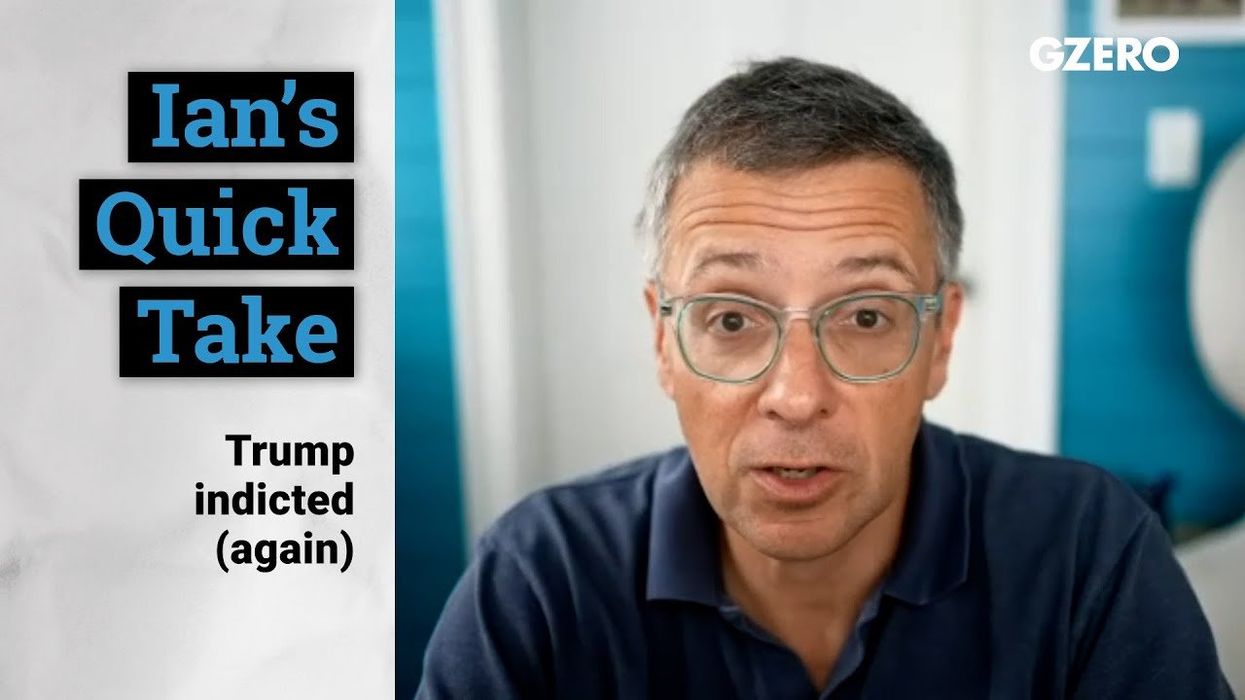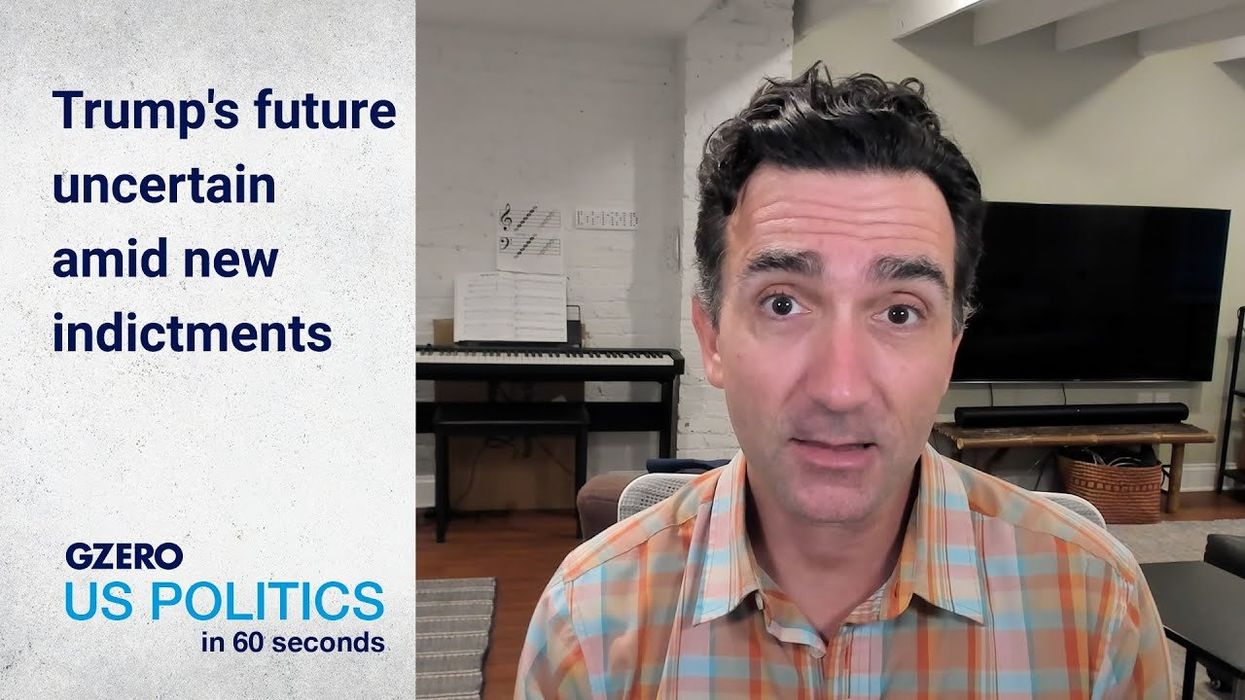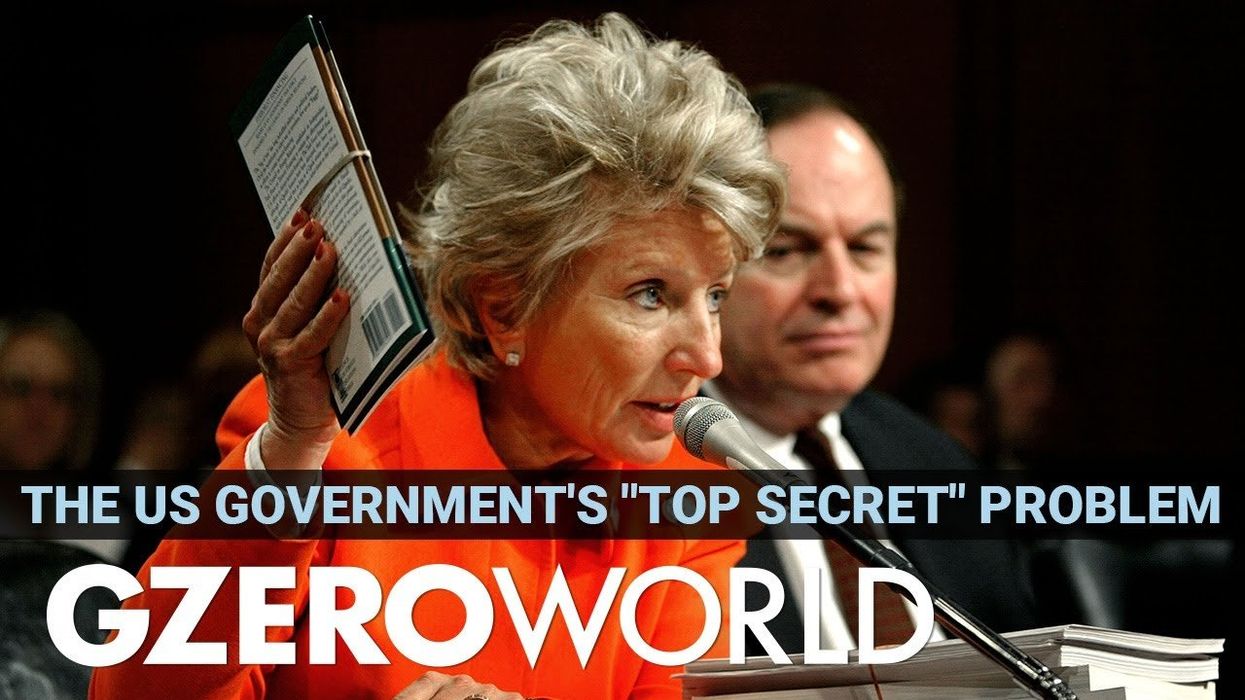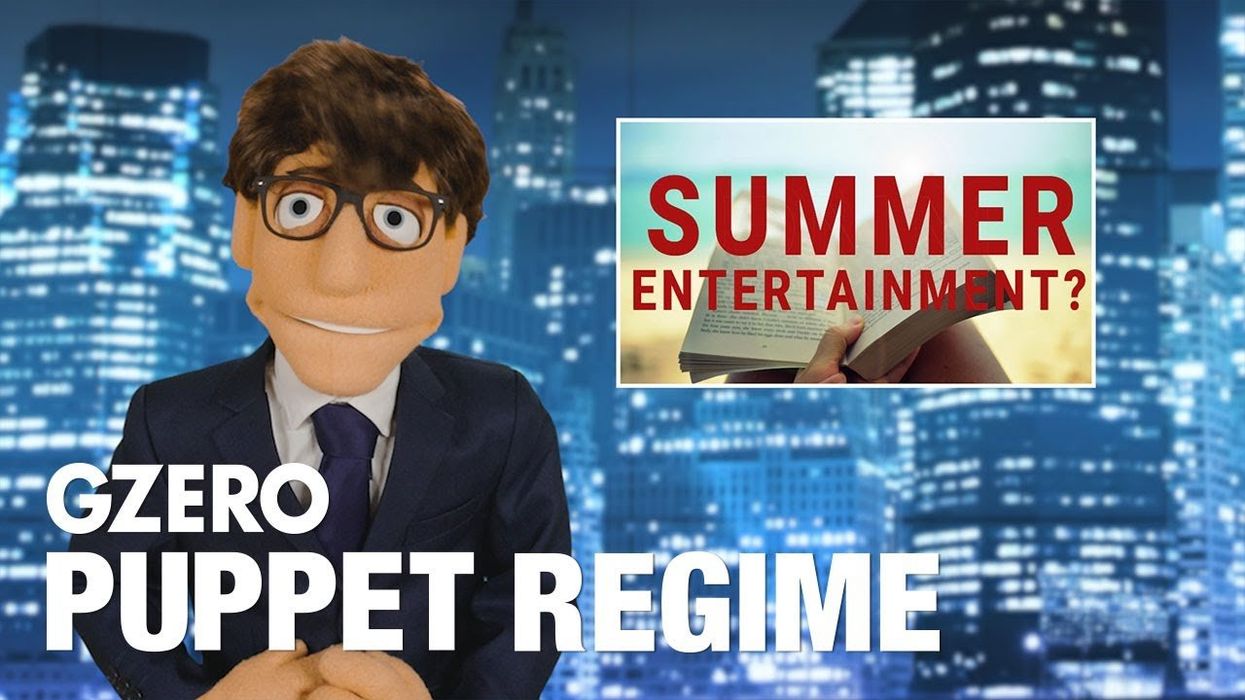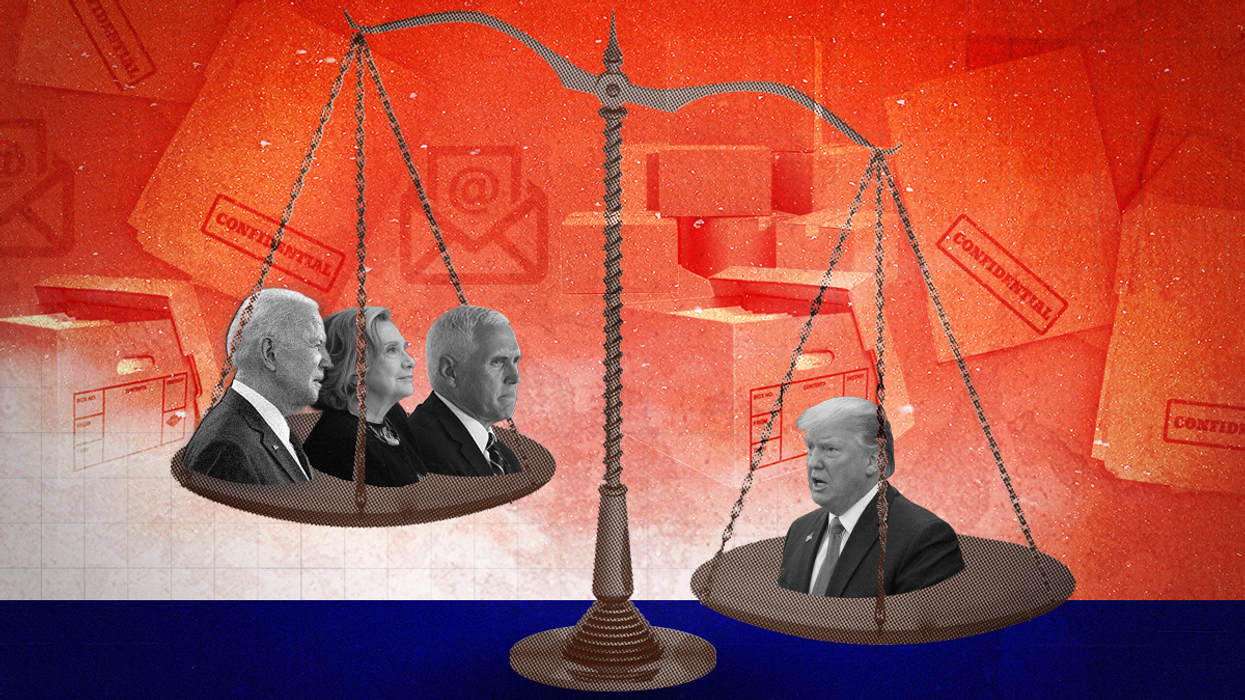Quick Take
Trump indicted (again)
Ian Bremmer's Quick Take: Another exciting week, far more eventful than we'd like in the US political environment, particularly because of more indictments that have come down on former President Donald Trump. You're used to me saying that these are unprecedented times in US politics. Unfortunately, all of the new precedents that are being set are about eroding political institutions.
Aug 07, 2023
